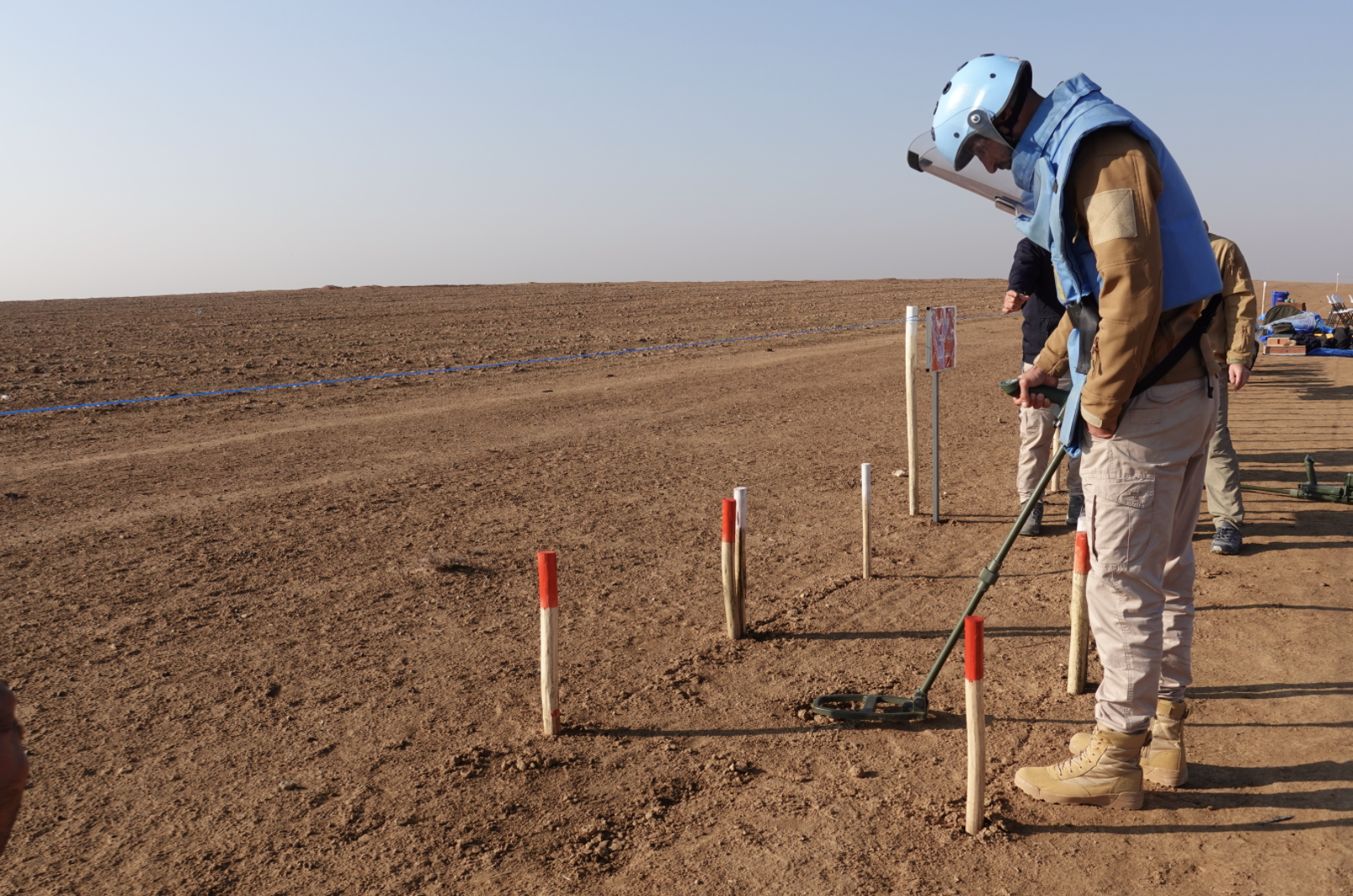Behind the doors of the local offices of an NGO
Today, HAMAP-Humanitaire has only used local offices for its mine action projects. If the reasons for this tendency are numerous, here are some explanations.
Indeed, this field of activity requires daily proximity to the field in both development and project management:
– needs analysis and prioritization of mine action activities: mine action projects have a sensitive dimension due to their territorial and security implications. For this reason, the needs analysis prior to any project must be thought out from the field, by the field.
– close links with the authorities: as mine action is the prerogative of each member state of the Ottawa Convention, any project undeniably implies a close link with the national authorities (national mine action agencies, in large part). Indeed, the very existence of a mine action project must be accepted and discussed with the relevant authorities in order to be in line with the State’s demining priorities. Each mine action agency
is also the guarantor of “national mine action standards” in its country, requiring them to monitor NGO compliance with these standards and to authorize NGO work through an established “task order” system. This control link makes the presence of a HAMAP-Humanitaire representation in the country indispensable in order to maintain clear and regular communication.
– Logistical needs: the implementation of mine action projects often requires numerous large-scale logistical needs. Managing these purchases from headquarters would greatly complicate the management of projects, from the point of view of delivery as well as export authorization from France. In this type of purchase, we identify in particular vehicles, ambulances, detectors, protective clothing and small mine clearance equipment.
How is a local office organized?
Each of the positions that make up the mission can be occupied by different types of workers. First of all, the worker can come from a country outside the country of intervention (expatriate) or be directly hired to work in his country (local worker)
How is a local office organized?
Each of the positions that make up the mission can be filled by different types of workers. First of all, the worker can come from a country outside the country of intervention (expatriate) or be directly hired to work in his country (local worker).
The composition of the teams is very often divided into two categories:
Positions directly related to activities, which have the specific skills for the successful completion of the mission: operational/technical skills or coordination/project management skills. In this case, at HAMAP-Humanitaire, these are the people in charge of demining operations (EOD experts and operations managers), or people who have a project management role (base coordinator or project manager); the so-called “support” positions, which are in charge of the smooth running of the mission, such as logistics, administration, human resources, etc. They therefore work on both the operational and technical aspects of the mission. They therefore work on tasks that are sometimes directly related to the implementation of a specific project or activity, as well as on the overall management of the local office.
Naturally, each local office also includes support functions that are not linked to a project, but which help maintain an adequate working environment: driver, cleaning staff, cook.
Finally, every local office is set up in a certain way so that it can fulfill a double function: a place of work for all HAMAP-Humanitaire staff in the country, and a place to live for international staff (expatriates).

